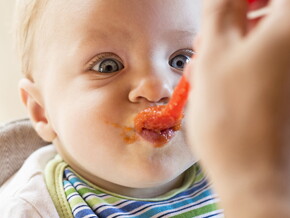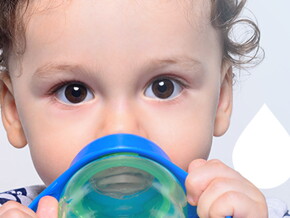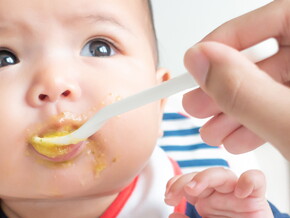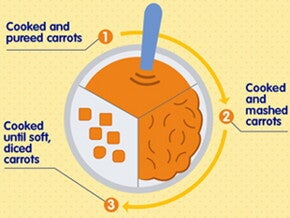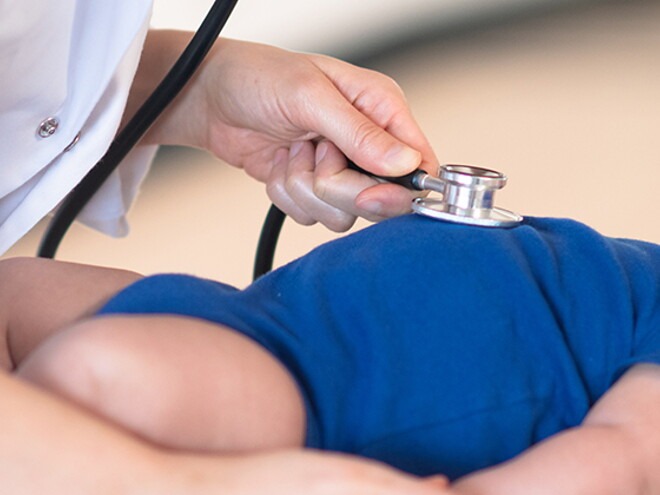
Once your baby is registered with your healthcare provider (HCP), you should receive reminders for baby’s immunizations.
Baby’s vaccinations are given at 4 weeks, 12 weeks, 16 weeks, 20 weeks, 24 weeks, 12 months, 15 months and 18 months.
You child will be given vaccinations against the most common infectious diseases such as: BCG, Hepatitis B, Diphtheria, Pertussis, Tetanus, Polio, Hemophilus influenzae type b (Hib), Pneumococcal conjucate vaccine, Measles, Mumps, Rubella, Rotavirus.
You will need to take your baby’s vaccination records to each appointment so the nurse can record details of which vaccination your baby has had.
Dress your baby in loose fitting clothes that are quick and easy to remove and put back on again.
If your baby is under 12 months the injection is usually administered in the thigh, so loose fitting trousers or a dress is ideal.
Leave plenty of time to get to the clinic—you don’t want to be rushed or stressed.
Make sure you tell the nurse if your baby has been unwell with fever, vomiting or diarrhea as the immunization may be delayed for a few days.
Take a list of questions to the appointment, as the nurse will take you through the immunization program and answer any questions you may have.
You will be asked to sit with your baby held close on your lap, keeping their legs as still as possible.
The injection is given with a small needle—your baby will probably cry straight away so try distracting them with a small toy.
Immunizations are delivered by either injection or oral drops depending on the type of vaccine.
All medicines including vaccines can occasionally cause side effects—these are likely to be mild and can include a slight fever, and some swelling and redness around the site of the injection. Speak to your HCP if you are concerned about any symptoms.
Your baby may have more than one injection at each appointment depending on the immunization schedule.
The doctor or nurses generally work well together to ensure the injections are given as quickly and painlessly as possible.
You will probably be asked to stay at the clinic for about 10 minutes after the immunizations just to make sure baby is fine and hasn’t had any major side effects.
If your baby develops a fever, treat it straight away with plenty of fluids, keeping them cool and bring the temperature down with paracetamol for babies. The nurse will give you guidance on this.
Some babies may feel off color after vaccinations and will need soothing at night. Try to ensure you have nothing planned for the rest of the day to give extra attention and cuddles.
Sources:
https://www.nhs.uk/start4life/baby/vaccinations-and-immunisations-baby/
https://www.babycentre.co.uk/a541968/immunisations-what-to-expect-on-the-day
https://www.babycentre.co.uk/a1011669/vaccination-schedule-for-babies-and-toddlers
https://www.babycentre.co.uk/a541962/childhood-diseases-and-their-vaccines
https://www.nhs.uk/conditions/vaccinations/meningitis-b-vaccine/
https://www.hse.ie/eng/health/immunisation/pubinfo/pcischedule/engyourchildsimm.pdf




